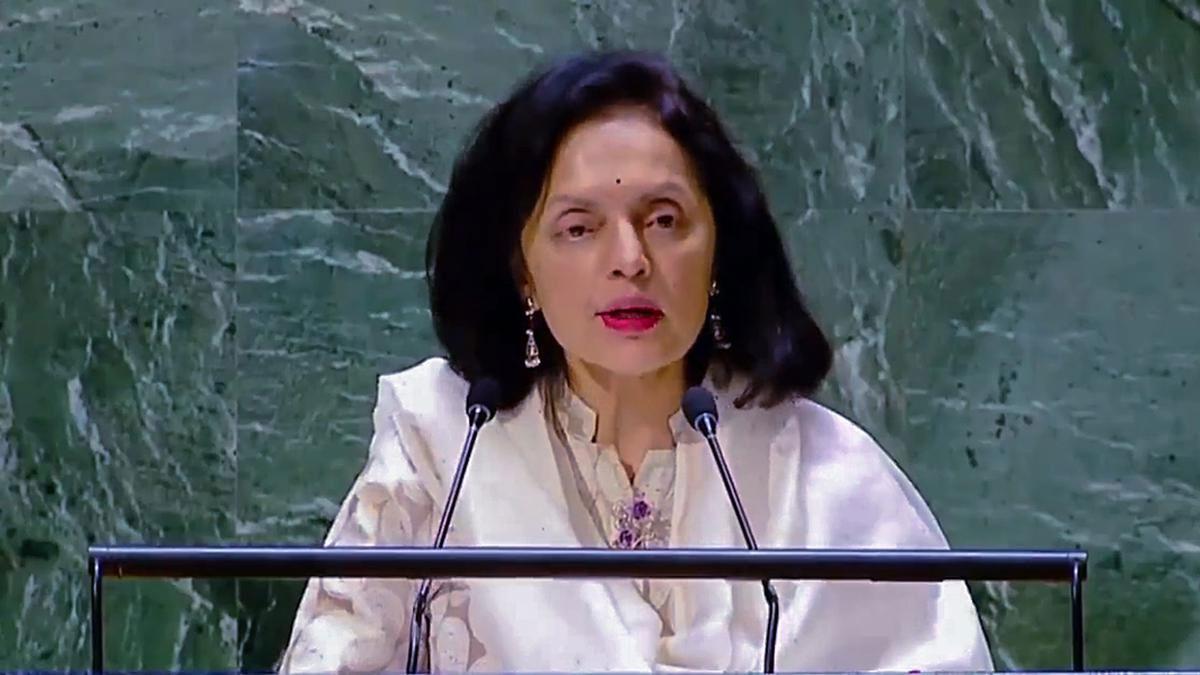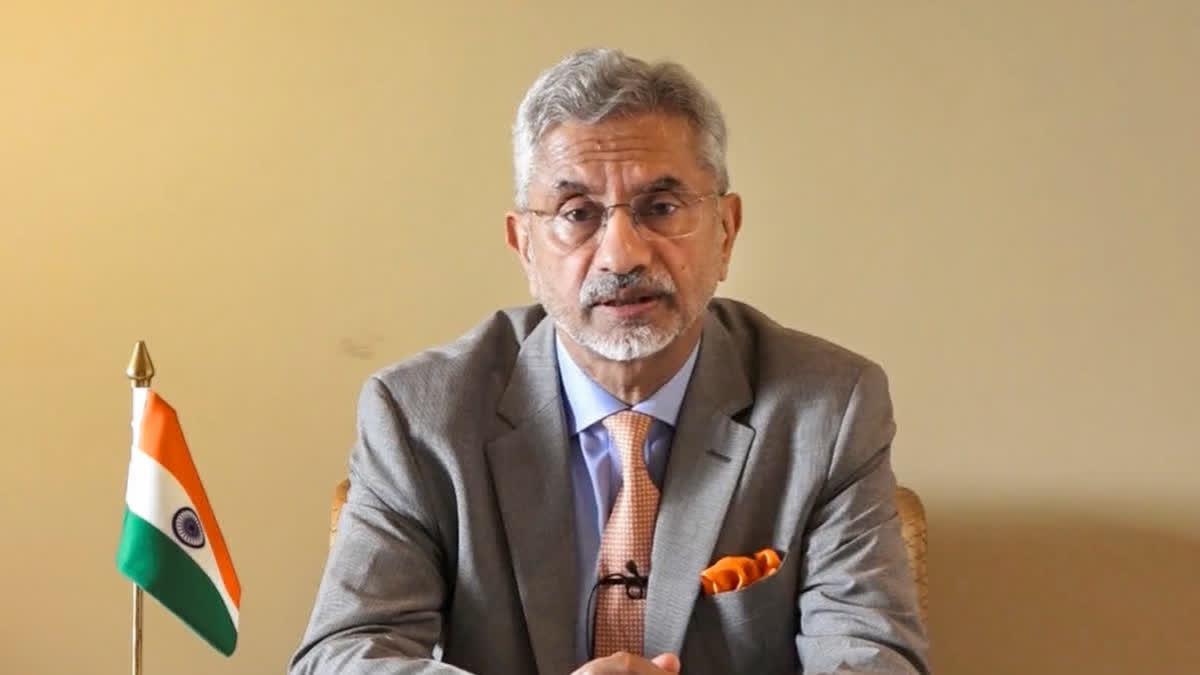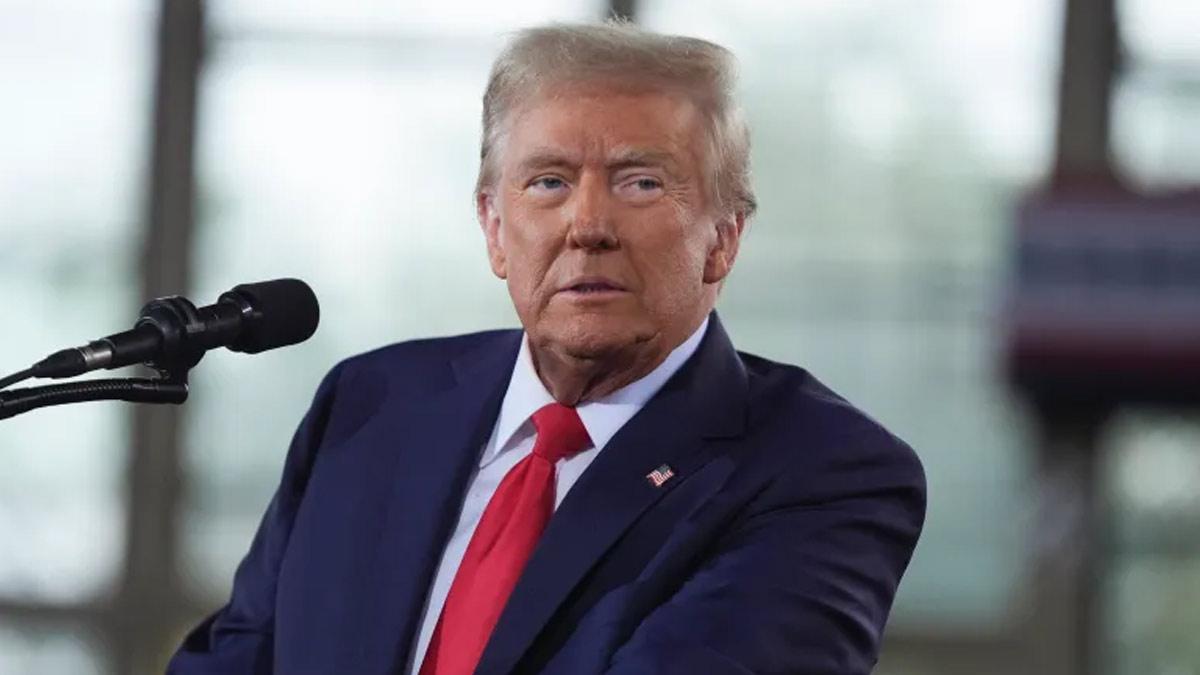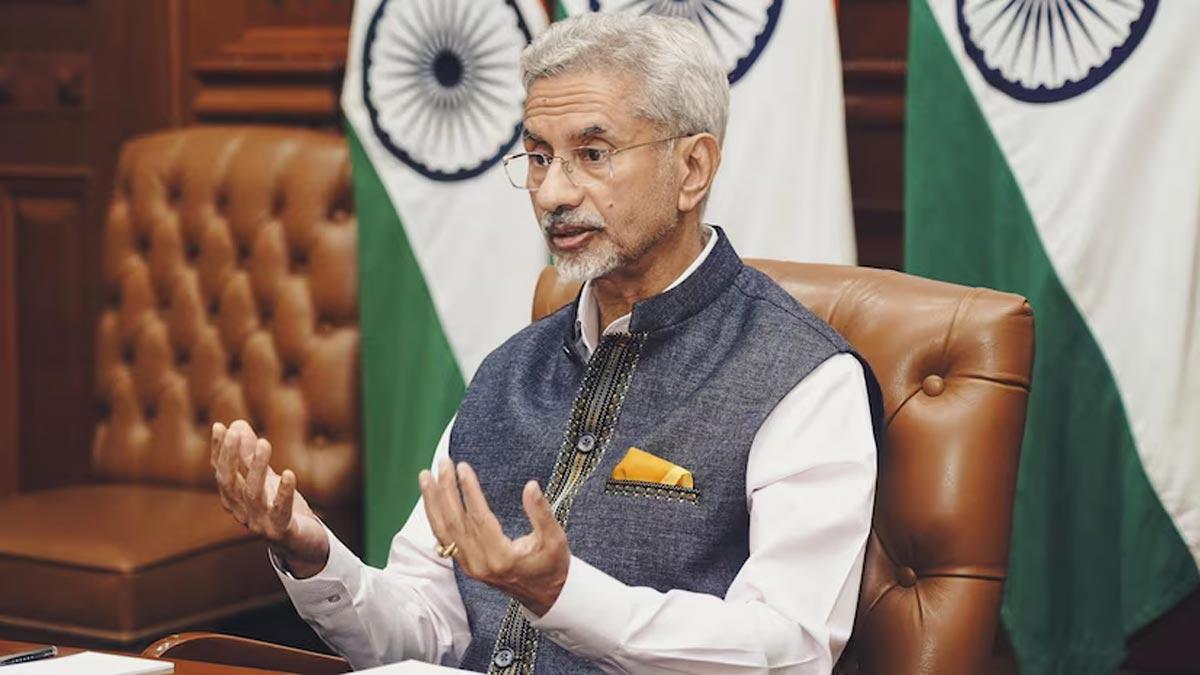During the recent session of the UN General Assembly, India chose to abstain from voting on a draft resolution presented by Pakistan, co-sponsored by China, addressing Islamophobia. The resolution, titled 'Measures to combat Islamophobia', was adopted with 115 nations voting in favor, none against, and 44 abstentions, including India, Brazil, France, Germany, Italy, Ukraine, and the UK.
India's Ambassador to the UN, Ruchira Kamboj, emphasized the need to address religiophobia targeting not only Islam but also Hinduism, Buddhism, Sikhism, and other faiths. While condemning acts of anti-Semitism, Christianophobia, and Islamophobia, Kamboj stressed the importance of acknowledging that religiophobia affects non-Abrahamic religions as well.
Expressing concerns about potentially divisive precedents, India highlighted the importance of maintaining the UN's impartial stance above religious considerations. Kamboj urged member states to recognize the broader scope of religious discrimination globally, cautioning against exclusive focus on Islamophobia, which might overlook similar challenges faced by other faiths.
India underscored the significance of recognizing religiophobia against Hinduism, Buddhism, and Sikhism, citing instances of attacks on religious sites and followers. Kamboj pointed out contemporary forms of religiophobia, such as the destruction of cultural heritage like the Bamiyan Buddhas and attacks on temples and gurudwaras.
While standing against all forms of religiophobia, including anti-Hindu, anti-Buddhist, and anti-Sikh sentiments, India expressed reservations about the resolution's call for a UN Special Envoy to combat Islamophobia, emphasizing opposition to initiatives based solely on a single religion.
Before adopting the resolution, the Assembly rejected two amendments proposed by Belgium on behalf of the EU. India supported both amendments, one aimed at removing references to Quran desecration and the other proposing the appointment of a UN focal point to combat anti-Muslim discrimination within existing structures and resources.
The resolution stemmed from the tragic 2019 mass shootings in two mosques in Christchurch, New Zealand, leading the Assembly to designate March 15 as the International Day to Combat Islamophobia. UN Secretary-General Antonio Guterres highlighted the increasing tide of anti-Muslim hate and bigotry globally, emphasizing the interconnectedness of hatred targeting different religious and ethnic groups and its destructive impact on society.
Read also | Florida Judge Rejects Trump's Bid to Dismiss Case Involving Classified Documents
Read also | UK Prime Minister Rishi Sunak Confirms No General Election on May 2


















